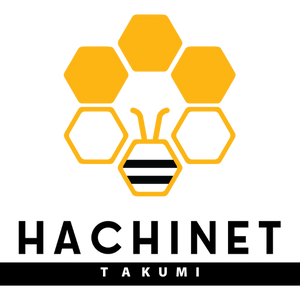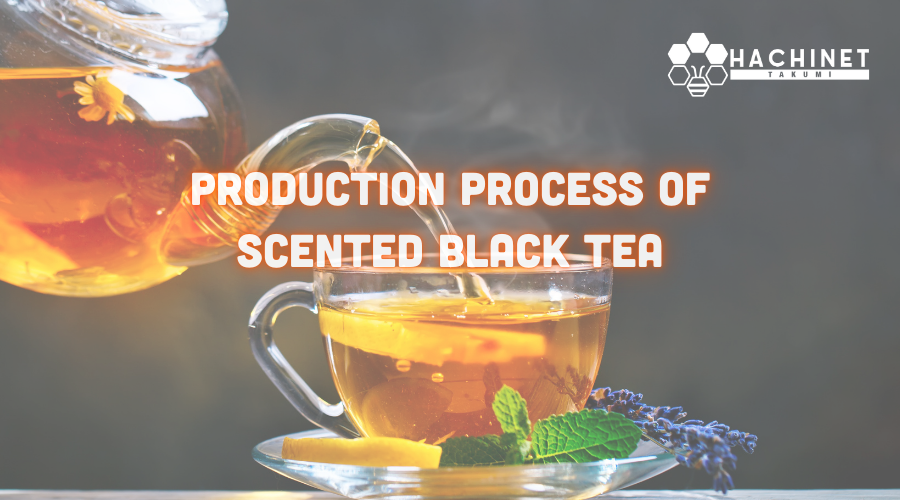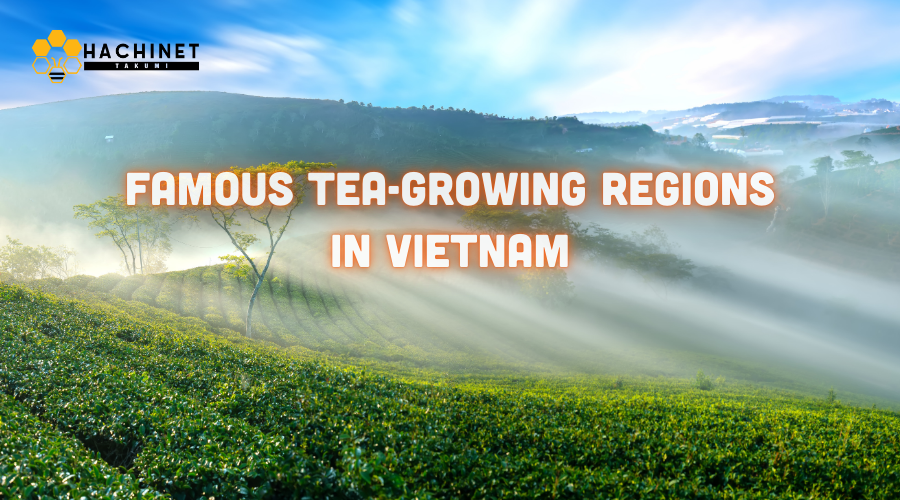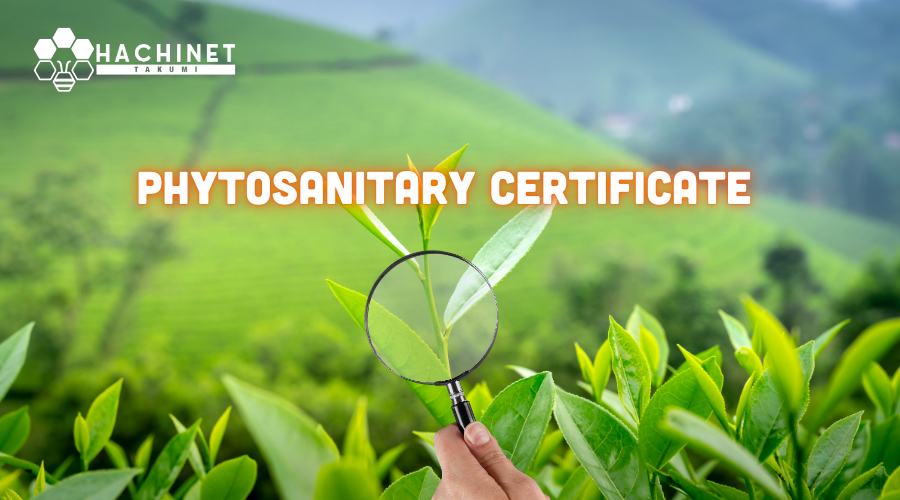Exploring the Tea Culture of Vietnam: A Journey into Tranquility
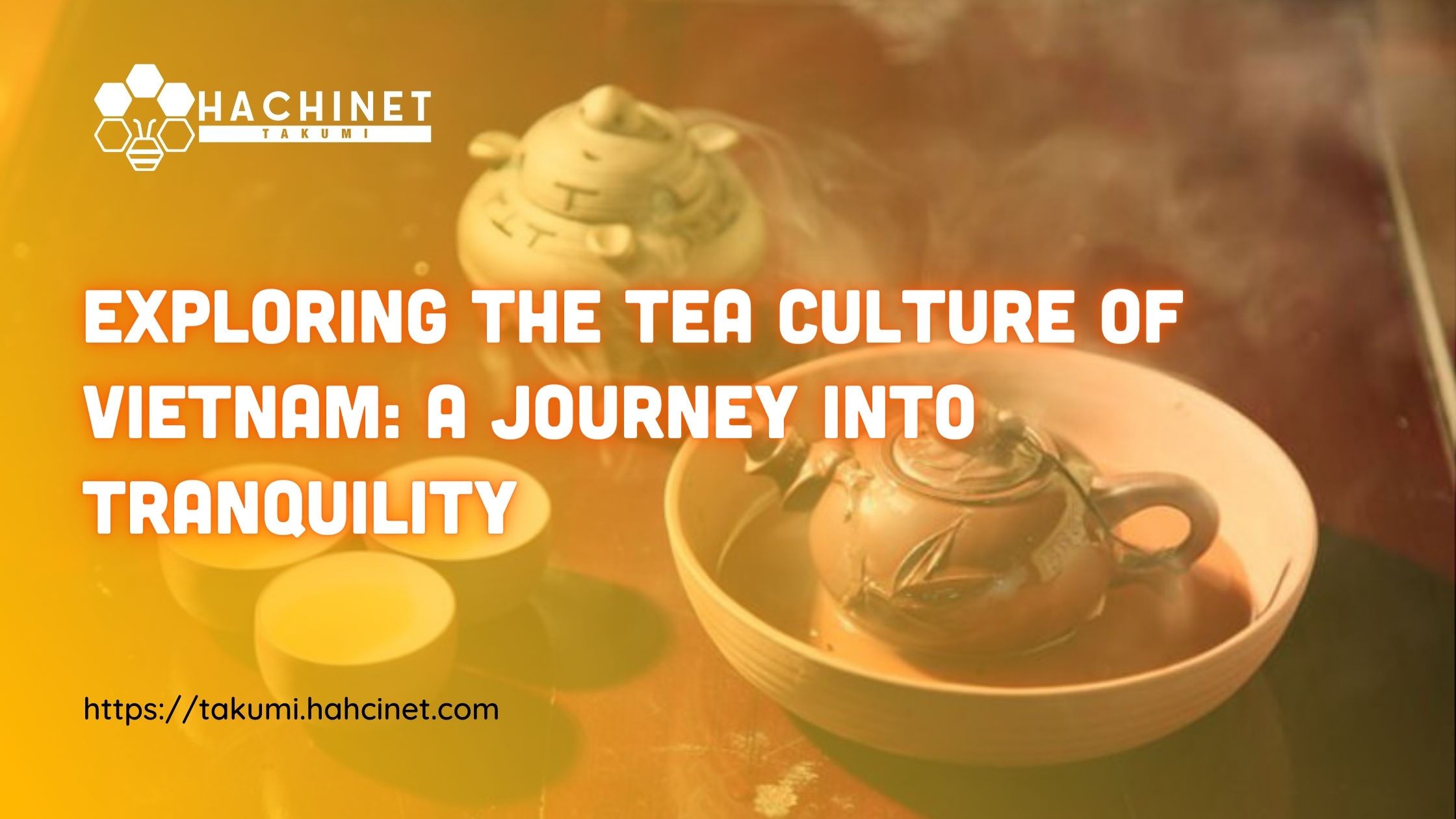
Vietnam, known for its bustling cities, vibrant culture, and delicious cuisine, also holds a deeply-rooted tea culture that spans centuries. From the serene highlands of the north to the lush Mekong Delta in the south, tea plays a significant role in Vietnamese daily life, social gatherings, and traditions. Let's take a journey into the world of Vietnamese tea culture, exploring its history, varieties, rituals, and significance.
1 . History and Origins
The tradition of tea drinking in Vietnam dates back thousands of years. Legend has it that tea was first introduced to Vietnam by a Buddhist monk named Thuong Chieu during the 3rd century BC. Since then, tea cultivation and consumption have become integral to Vietnamese society.
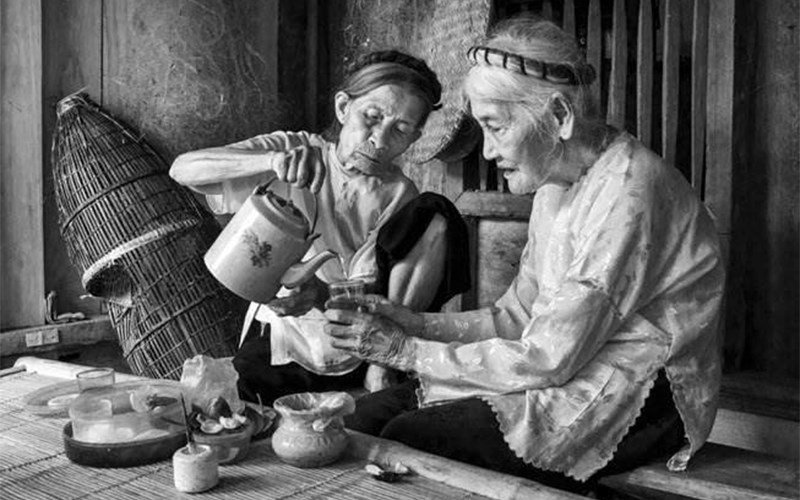
2 . Varieties of Vietnamese Tea
Vietnam boasts a diverse range of tea varieties, each with its unique flavors, aromas, and health benefits. Among the most popular types are:
Green Tea: Known as "tra xanh," green tea is the most common type consumed in Vietnam. It is prized for its fresh, grassy flavor and is believed to offer numerous health benefits.
Oolong Tea: Also called "tra da xanh," oolong tea occupies a special place in Vietnamese tea culture. It undergoes partial oxidation, giving it a unique taste that falls between green and black tea.
Lotus Tea: A specialty of the ancient city of Hue, lotus tea is made by wrapping green tea leaves in lotus petals, infusing the tea with a delicate floral fragrance.
Jasmine Tea: This scented tea, known as "tra lai," features green tea leaves blended with jasmine flowers, resulting in a fragrant and soothing brew.
Black Tea: Although less common than green tea, black tea (tra den) is gaining popularity in Vietnam. It has a robust flavor and is often enjoyed with milk and sugar.
Tea Rituals and Traditions
Tea is not just a beverage in Vietnam; it is a symbol of hospitality, respect, and harmony. Traditional tea ceremonies, known as "tra dao," are still practiced in many parts of the country, particularly in rural areas and among ethnic minority communities.
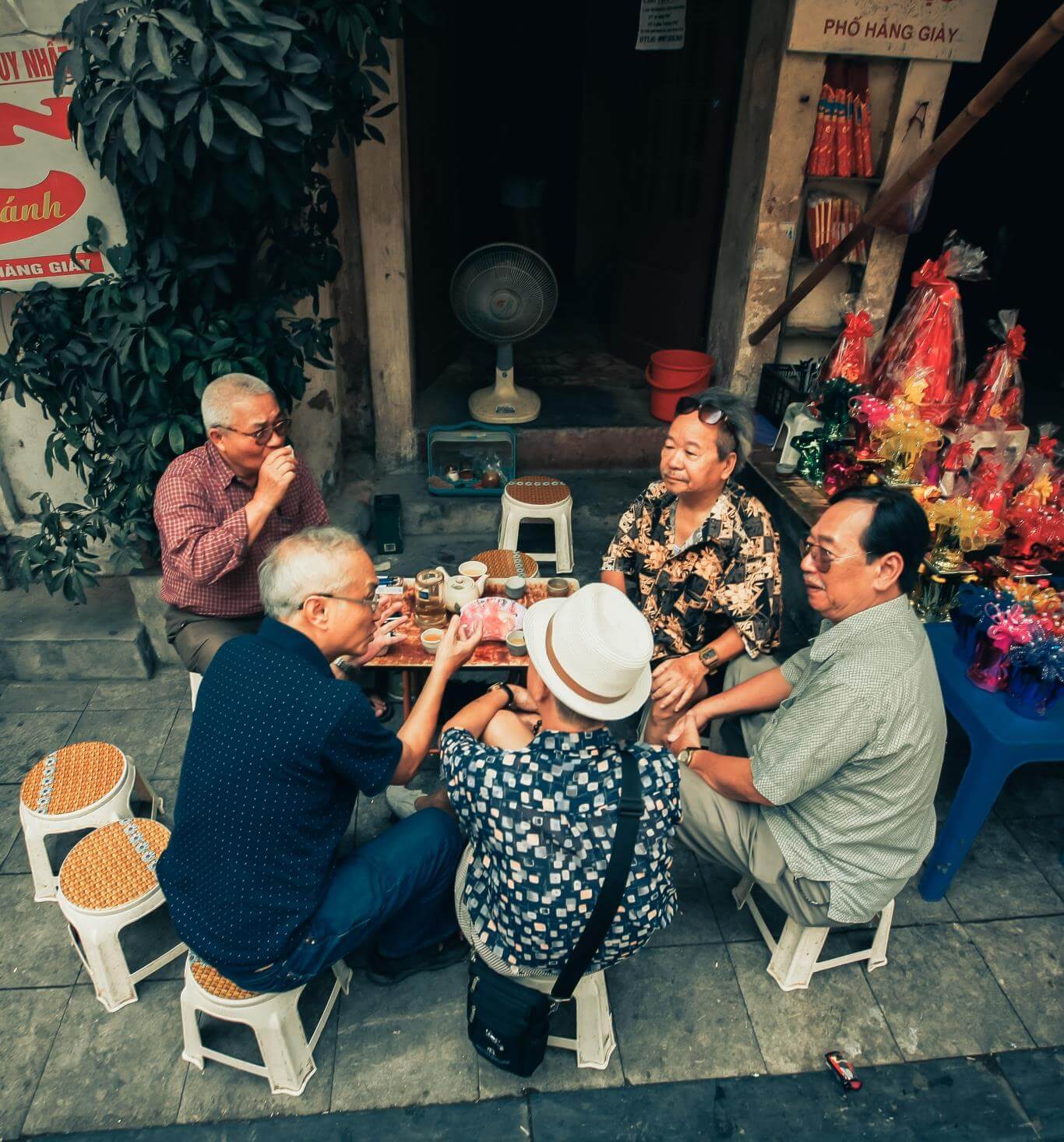
During these ceremonies, the host brews tea for guests using carefully selected tea leaves and serves it in small cups. The pouring and receiving of tea are done with great care and respect, symbolizing friendship and unity among participants.
3 . Significance in Vietnamese Culture
Tea holds deep cultural significance in Vietnam and is associated with various aspects of life, from family gatherings to spiritual practices. It is often served as a gesture of welcome to guests, offered during important ceremonies such as weddings and funerals, and enjoyed as a means of relaxation and meditation.
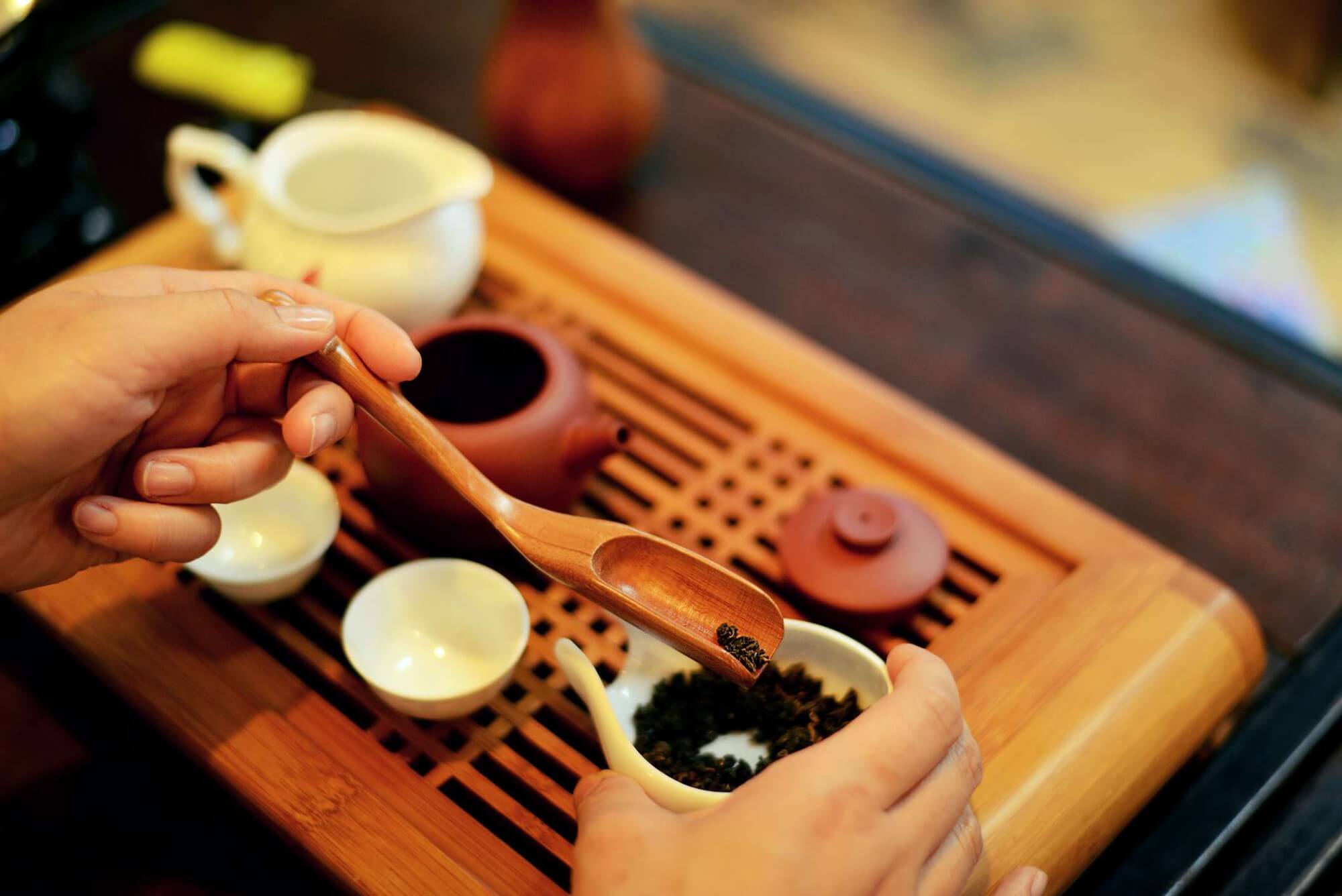
4 . The Future of Vietnamese Tea
While traditional tea culture remains strong, modernization and globalization have brought changes to Vietnam's tea industry. With increasing demand for high-quality tea both domestically and internationally, Vietnamese tea producers are innovating to meet the evolving tastes of consumers while preserving the essence of their rich tea heritage.
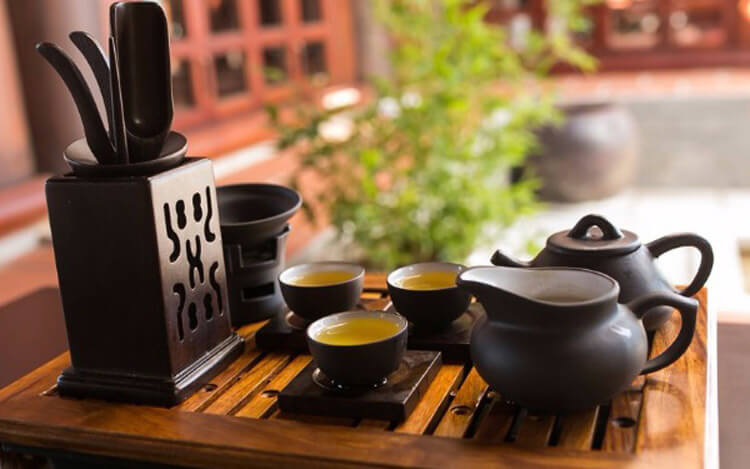
In conclusion, exploring the tea culture of Vietnam is not just a journey into the world of tea; it is a journey into tranquility, tradition, and the soul of a nation. As you sip a cup of Vietnamese tea, you not only taste its flavors but also experience the warmth and hospitality of its people.
